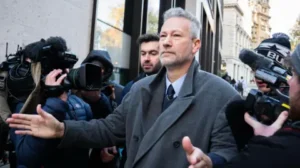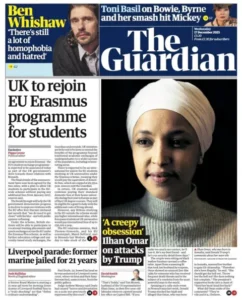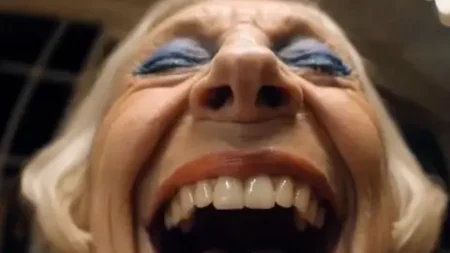In a significant legal development regarding artificial intelligence (AI) and copyright issues, a U.S. judge has determined that the act of utilizing books to train AI software does not breach U.S. copyright laws. This ruling emerged from a lawsuit filed against the AI firm Anthropic by three authors, including a novelist and two non-fiction writers, who accused the company of misappropriating their literary works to train its AI model, Claude, and build a lucrative business for itself.
The presiding Judge William Alsup articulated his ruling by stating that Anthropic’s integration of the authors’ books was “exceedingly transformative.” This classification positions their use within permissible boundaries of U.S. law. Yet, the judge did not grant Anthropic’s request to dismiss the case outright; he declared that the firm must face a trial regarding its use of allegedly pirated materials to assemble its content repository. This sets a precedent for ongoing debates about the limitations and permissible actions in training AI models against the backdrop of existing copyright protections.
Anthropic, a company financially backed by giants such as Amazon and Alphabet (Google’s parent company), could potentially face substantial financial repercussions. If found liable, the firm could incur damages up to $150,000 for each copyrighted work it used without authorization. According to the judge’s findings, Anthropic allegedly maintains a “central library” containing over seven million pirated books, which raises serious ethical and legal questions regarding the role of AI in replicating and learning from existing intellectual property.
The ruling is especially consequential as it stands among the first instances addressing a critical issue prevalent in many legal confrontations concerning how Large Language Models (LLMs) can rightfully absorb knowledge from pre-existing materials. Judge Alsup remarked on the nature of Anthropic’s training processes, likening them to those of human readers aspiring to write. He reasoned that the intent was not to merely duplicate existing works, but rather to utilize those works as a foundation for creating something novel.
Moreover, Judge Alsup highlighted an important facet of the case: the plaintiffs did not assert that the AI’s training process produced “infringing knockoffs” of their works. In his ruling, he suggested that had the authors claimed such replication occurred, the outcome of the case could have been significantly different. The notion that an AI could train on literature without generating direct copies presents a vital consideration for the future of AI development and copyright law.
Other domains of media, including journalistic articles, music, and video content, have also become focal points in similar legal disputes. Recently, notable companies like Disney and Universal have taken legal action against the AI image generator Midjourney, citing piracy. In this milieu, the BBC has even indicated its contemplation of legal steps in response to unauthorized usage of its materials. Such actions underline the immense apprehension that traditional content creators have concerning AI technologies, thereby prompting some AI firms to pursue agreements with content creators or publishers to secure proper licensing for material use.
Judge Alsup’s decision permits Anthropic’s defense based on “fair use,” thereby laying groundwork for future legal interpretations on this matter. However, he maintained that the firm infringed upon the authors’ rights by retaining pirated versions of their works as part of its comprehensive library. Following the ruling, Anthropic expressed satisfaction with the judge’s recognition of the transformative nature of its operations but expressed dissent over the trial aimed at clarifying the source of some of the books used.
The authors involved in the case include Andrea Bartz, known for her bestselling mystery novels such as “We Were Never Here” and “The Last Ferry Out,” along with non-fiction writers Charles Graeber and Kirk Wallace Johnson. Their involvement illustrates a broader challenge faced by writers and creators amid the rise of AI technologies, where their existing works may be leveraged without consent. This case underscores the fundamental tensions that lie at the intersection of creativity, innovation, and the legal frameworks intended to protect intellectual property rights in an evolving technological landscape.











